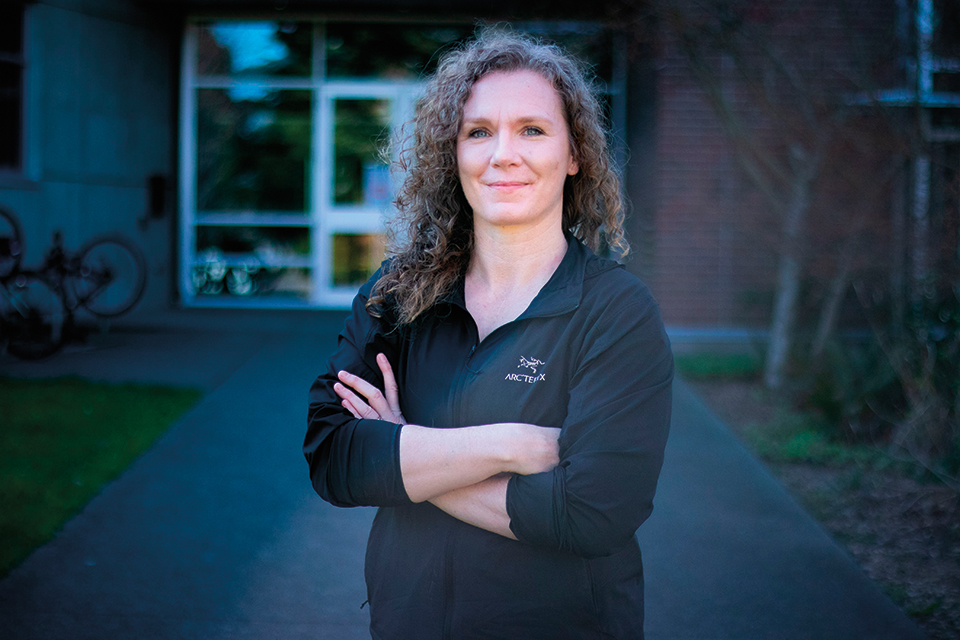Supporting resilience and recovery
- Michael Kissinger

Researcher Xuekui Zhang, assistant professor in the Department of Mathematics and Statistics, is in a race against time to help model the path of COVID-19 cases—as he and his team anticipate more waves of infections could crash upon us.
Zhang is one of six teams who received funding from the new Research Accelerator Fund (RAF), which gave alumni and friends of the university an opportunity to invest in research that will make communities stronger in the wake of the pandemic and speed up recovery—locally and beyond.
For Zhang and his team, it’s funding that can’t come soon enough. They received $15,000 towards their study “Characterizing risk factors for COVID and Forecasting COVID infection counts.”
“We see more and more waves coming, so we want to predict it, we want to control it,” Zhang says. “And we also want to understand the risk factor for other disease. So this is very important.”
By looking at US infection data from more than 3,000 counties, they aim to model the trajectory of COVID infection and how it relates to various factors including family income, age and other social data, and apply the model to Canadian infection rates to better predict outcomes here.
We want to learn a model to find a relationship with these risk factors. Who is more risky? Prediction is harder. But we want to try. If we can predict the future, maybe we can predict the next outbreak and take action to prevent it before it happens.
—Xuekui Zhang, assistant professor in the Department of Mathematics and Statistics
The UVic community has the wealth of expertise, partnerships and infrastructure to tackle COVID-19 research from all angles—from preventions and cures, to community resilience and recovery efforts. In the first round of funding from the RAF, announced in March 2021, six research projects received a total of $165,000, meaning donors to the fund will soon see their gifts fuelling action.
While generous donations are making it possible for Zhang to map out COVID’s trajectory to anticipate what’s around the corner, those same funds are helping Dr. Leigh Anne Swayne, associate professor in the Division of Medical Sciences, better understand the neurological effects of COVID-19. She’s leading a team of researchers on the receiving end of $30,000 in RAF funding for their project, “Understanding the adverse effects of SARS-CoV-2 infection on the brain.”
More is known about COVID-19’s impact on respiratory and cardiovascular systems, but its lingering effects on the brain—whether loss of smell or so-called “brain fog”—is more of a mystery.
“[With COVID-19] there’s this sort of unexplained and poorly understood impact on the brain… it seemed like an area to which we could make an important contribution,” Swayne says.
In particular, Swayne and project co-lead Dr. Marie-Ève Tremblay (also from the Division of Medical Sciences) are looking at cells in the brain called glial cells and how they respond to different types of inflammation resulting from COVID-19.
Swayne says the RAF funding has not only allowed the team to widen the scope of the research, but also increase collaboration with other researchers. “We already had in place this smaller idea, so getting this funding… allowed us to expand and test more things than we had originally planned. It’ll enhance the collaboration and the ultimate outcome of what we find out and how this information can be used.”
Photos
In this story
Keywords: COVID, research, health, funding, alumni
People: Leigh Anne Swayne, Xuekui Zhang
Publication: The Torch





